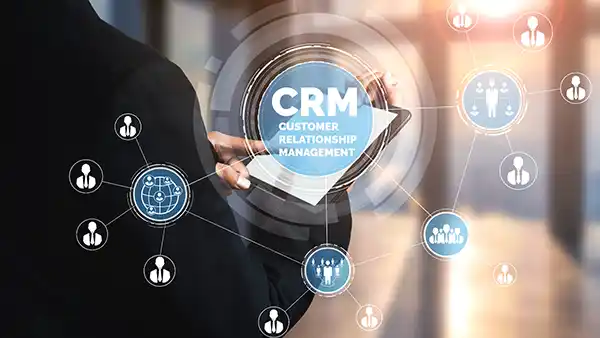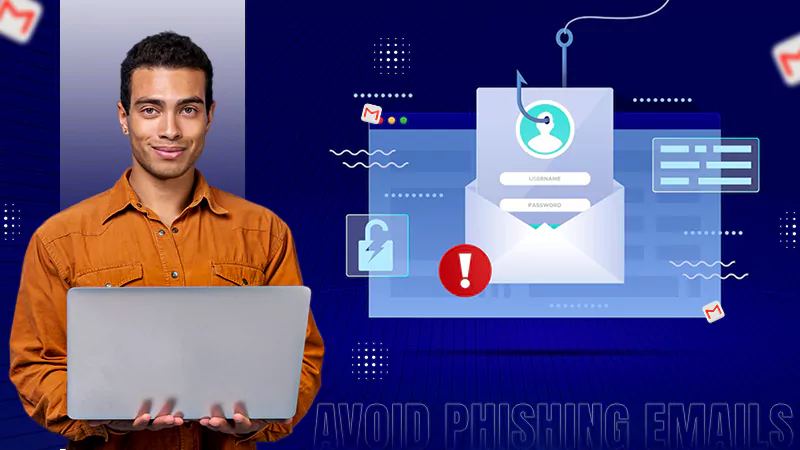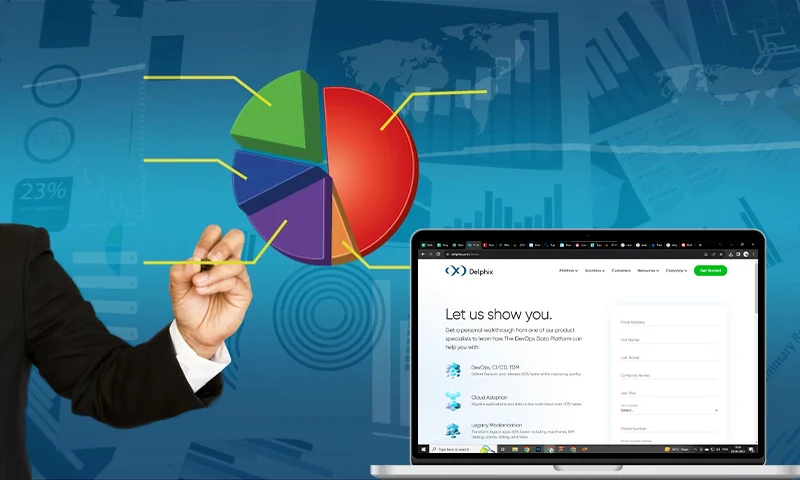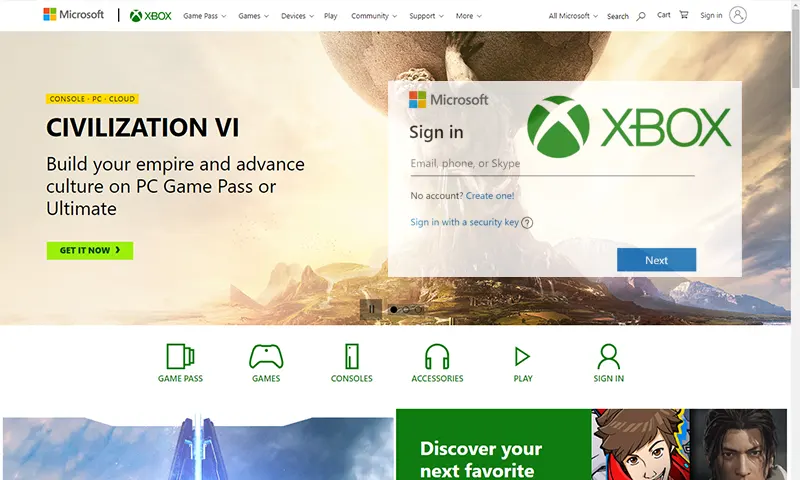Understanding the Features and Functionality of the CRM System
Understanding and managing customer interactions is more important than ever in today’s highly competitive market. CRM systems improve sales, marketing, and support efficiency by collecting all relevant customer information in one place. The appropriate CRM software may do wonders for a company’s customer satisfaction, revenue, and loyalty.
Finding a reliable customer relationship management solution, however, might be challenging. Different customer relationship management (CRM) systems offer different functionalities and features. A clear idea of your needs and where to find them is crucial when running a business.
What is CRM, and Why Do Businesses Need It?
CRM systems, short for Customer Relationship Management Systems, are software tools that help businesses manage customer interactions and data. This helps them improve customer satisfaction and drive better business outcomes.
Using a simple CRM app can help businesses streamline contact and lead management. It can also automate marketing tasks, forecast sales, improve customer service and support, and provide robust reporting and analytics capabilities.
By centralizing customer data and automating tasks, businesses can improve efficiency and gain insights into customer behavior and business performance. This leads to increased revenue and a competitive edge.
Features and Functions of a CRM System

Contact Management
Contact management is about keeping track of all the people critical to your business and ensuring their information is up-to-date and accurate with the help of contact management software. By keeping your customer and prospect data organized and up-to-date, you can better manage your customer relationships and improve your sales and marketing efforts.
CRM systems offer these key capabilities:
Contact Database
Your contact database holds all customer and prospect data. Names, emails, phone numbers, and addresses are included. A CRM system lets you store, organize, and access this data in one place.
Contact Segmentation
Contact segmentation groups contacts according to their common characteristics. Segment your contacts by industry, geography, or job title. By segmenting your contacts, you can better target marketing efforts and communicate with each group.
Contact Activity Tracking
CRM software tracks everything from phone calls to emails to meetings. Get insights into customer behavior by tracking all customer contacts.
Contact History
Contact history is a record of your interactions with a contact. CRM systems show a contact’s whole business history, including purchases, support tickets, and other interactions. This can help you understand client demands and preferences.
Contact Enrichment
Contact enrichment adds social media profiles, company information, and job titles to contact records. Enriching your contact data helps you better understand and communicate with clients and prospects.
Lead Management
Lead management refers to capturing, nurturing, and qualifying leads to turn them into customers. Lead management involves managing the entire lead lifecycle, from initial contact to conversion. By managing your leads effectively, you can streamline your sales process, improve lead-to-customer conversion rates, and ultimately grow your business.
Features of CRM lead management include:
Lead Capture
Lead capture collects potential consumers’ names, emails, and phone numbers. CRM applications collect leads through web forms, social media, and email marketing.
Lead Nurturing
Lead nurturing involves gradually educating potential clients about your products and services. CRM systems automate lead nurturing campaigns, providing leads with relevant content based on their interests.
Lead Scoring
Lead scoring values prospects based on their engagement and interest in your products or services. Lead scoring in a CRM application lets you prioritize leads and focus sales on the most promising opportunities.
Lead Qualification
Lead qualification determines whether a lead is suitable for your business and ready for your sales staff. CRM software can determine a lead’s buying readiness based on budget, authority, need, and timeline (BANT).
Lead Conversion
Lead conversion is the process of converting a lead into a sale. CRM systems enable you to track sales from initial contact to final sale and analyze data to improve sales.
Sales Forecasting
Sales forecasting refers to predicting future sales based on historical data and trends. Sales forecasting uses data to make informed decisions about future sales performance.
Sales forecasting in a CRM system includes the following capabilities:
Historical Sales Data
Forecasts of future sales are based on historical sales data. CRM applications let you view prior sales revenue, units sold, and customer acquisition costs. Based on this data, sales trends can be predicted.
Trend Analysis
Trend analysis examines sales data patterns over time. Using advanced analytics, CRM systems identify seasonality, growth rates, and demand swings. This improves sales forecasting and strategy.
Pipeline Management
Pipeline management systems track sales prospects and deals. You can view your sales pipeline using a CRM system, including value, stages, and closing rates. Discover potential bottlenecks and adjust your sales strategy in real-time.
Sales Team Performance
Sales forecasts should reflect sales team performance. It tracks lead conversion, deal completion, and revenue for sales teams. This helps you discover sales reps who need more support or training.
Forecast Accuracy
Evaluate sales predictions accuracy over time. CRM applications compare sales results with forecasts and adjust forecasting models accordingly. This helps you enhance sales forecasting and develop better sales.
Marketing Automation
Marketing automation automates repetitive tasks and workflows to streamline marketing efforts and improve efficiency. Automating marketing processes has the potential to increase productivity and effectiveness.
CRM marketing automation capabilities include:
Lead Scoring and Segmentation
Marketing automation’s capacity to score and segment leads by interests, behavior, and demographics is valuable. Lead scoring and segmentation in a CRM application automatically identify the most qualified leads and send tailored content.
Email Marketing
Email marketing is essential to any marketing strategy, and a CRM system automates many aspects. Email automation, segmentation, and click-through rates are included.
Social Media Marketing
CRM systems automate social media marketing. The process includes scheduling, producing, and monitoring social media posts.
Campaign Management
Campaign management plans executes, and evaluates marketing programs. CRM handles all aspects of campaign lifecycle management.
Marketing Analytics
The effectiveness of your marketing efforts should be tracked over time. CRM applications track lead generation, conversion rates, and ROI. This helps you find areas for improvement and make data-driven marketing strategy decisions.
Customer Service and Support
Customer service and support involve managing customer interactions and resolving issues or concerns to improve customer satisfaction and loyalty. Customer service and support are about using technology to provide timely and effective customer service.
Customer service and support in CRM systems include:
Ticket Management
Ticket management tracks client concerns and requests in a central system. CRM systems create, manage, and track customer support tickets, including status, priority, and resolution time. It facilitates customer service.
Self-Service Support
Customers who prefer self-service use it more. A CRM system lets you construct a knowledge base or online portal where clients can discover answers to frequent inquiries. They can also troubleshoot issues and access tutorials and user guides.
Live Chat
For real-time support, live chat is popular. A CRM system lets you add live chat to your website or app so clients can talk to a support person in real-time.
Customer Feedback
Analyze customer service performance over time. CRM software tracks response time, resolution time, and customer satisfaction. This lets you find customer service improvements and make data-driven customer support strategic decisions.
Reporting and Analytics
A report and analytics project collects, analyzes, and visualizes data for insights into customer behavior and business performance. The use of technology to improve business outcomes is the essence of reporting and analytics.
Reporting and analytics in a CRM system include:
Customizable Dashboards and Reports
Customizable dashboards and reports in CRM reporting and analytics are powerful. With a CRM system, you can track and evaluate KPIs like sales performance, lead conversion rates, customer satisfaction ratings, and more.
Data Visualization
CRM reporting and analytics include data visualization. CRM charts, graphs, and heat maps let you spot trends, patterns, and insights.
Forecasting
Forecasting uses historical data to anticipate future events. CRM software lets you use forecasting tools to estimate sales, revenue, and other company KPIs, enabling data-driven business strategy decisions.
Data Integration
Integration of data from multiple sources allows unity. CRM systems provide in-depth insight into consumer behavior and preferences by combining data from your website, social media, and customer care systems.
Advanced Analytics
Machine learning and predictive analytics are available in specific CRMs. These tools can help you better understand customer behavior and business performance and make better decisions.
Conclusion
Any company can benefit from implementing a customer relationship management system, no matter how big or small.
Many CRM systems are on the market, making it difficult to pick the best one. Because of this, it’s crucial to think about your company’s size and objectives, the features you’ll use, and your budget when making a final decision.
Consider CRM software for your company immediately if you haven’t done so already.
FAQs
Ans: Using a CRM system can help organizations increase customer satisfaction, sales, and revenue and give them a leg up on the competition. CRM software can help firms make data-driven choices and boost productivity by centralizing customer data, automating operations, and offering insights into customer behavior and business performance.
Ans: Consider your company’s size and objectives, your needed functionality, and your available resources when choosing a customer relationship management system. Salesforce, HubSpot, and Zoho are just a few CRM platforms available.
Ans: Yes, many CRM applications offer customization options to tailor the software to your specific business needs.
Ans: The complexity of a CRM system’s setup and operation differs from one program and set of business requirements to the next. The good news is that many CRM platforms are beginner-friendly and provide access to training and support materials.
Ans: Any business that has customer interactions can benefit from using a CRM system, including small businesses, mid-sized businesses, and large enterprises.
Share









